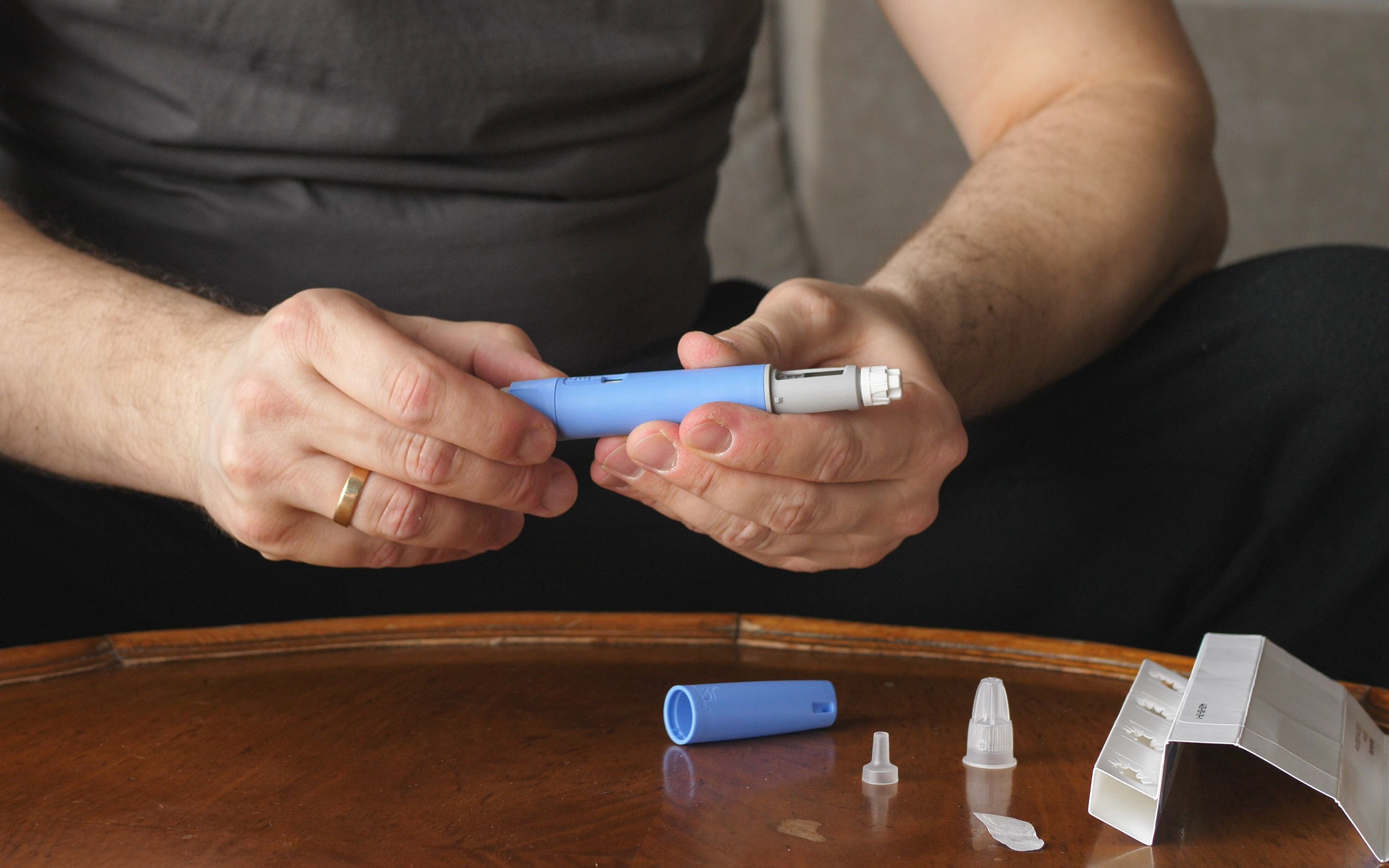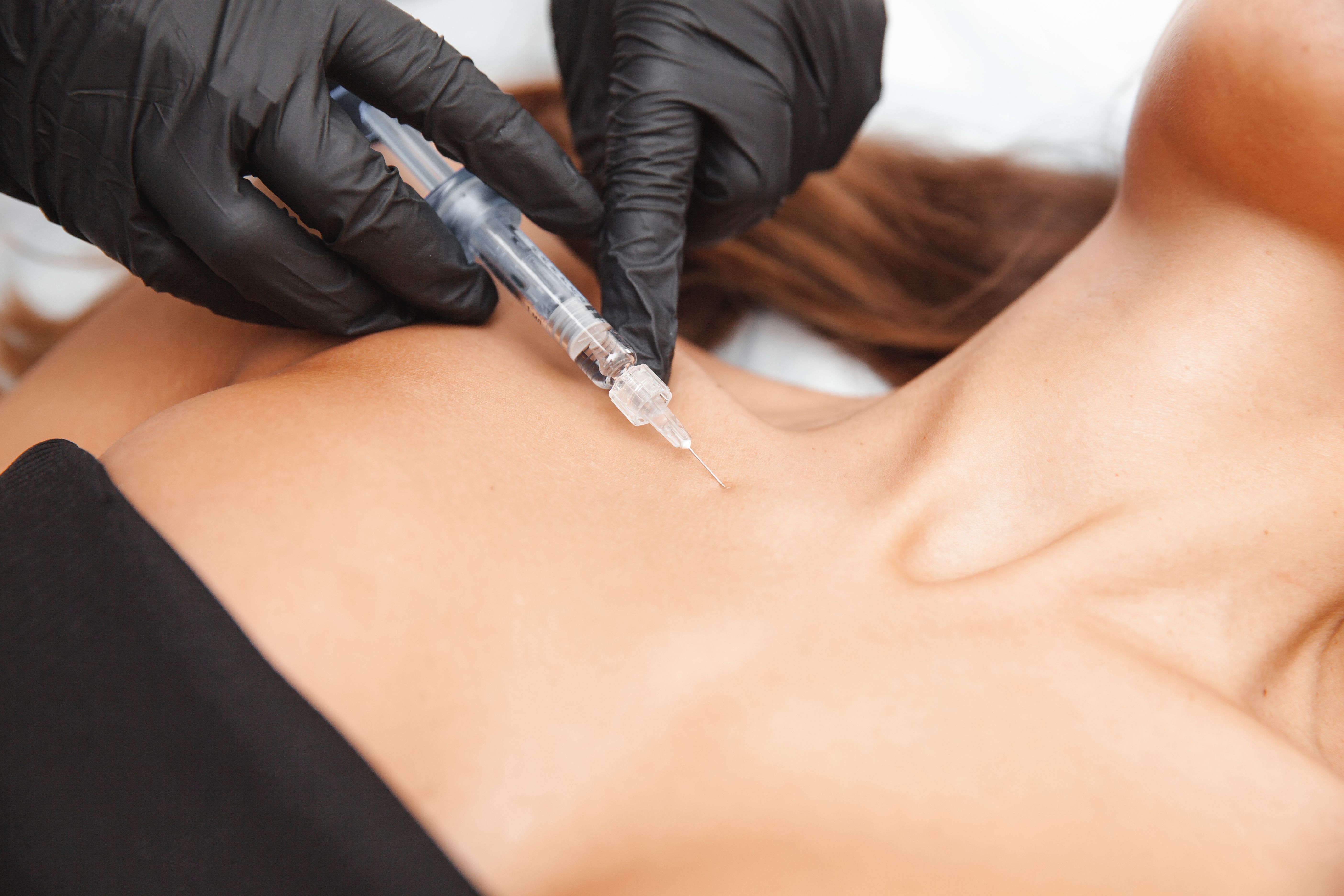- Case-Based Roundtable
- General Dermatology
- Eczema
- Chronic Hand Eczema
- Alopecia
- Aesthetics
- Vitiligo
- COVID-19
- Actinic Keratosis
- Precision Medicine and Biologics
- Rare Disease
- Wound Care
- Rosacea
- Psoriasis
- Psoriatic Arthritis
- Atopic Dermatitis
- Melasma
- NP and PA
- Skin Cancer
- Hidradenitis Suppurativa
- Drug Watch
- Pigmentary Disorders
- Acne
- Pediatric Dermatology
- Practice Management
- Prurigo Nodularis
- Buy-and-Bill
Article
Inadequate SPF demands better UVA protection
Vienna, Austria — In a continuation of a decade-long debate, the importance of the immunoprotection factor (IPF) and its role in sun protection is again central among the world's photobiological research community who advocate revising the current sun protection factor (SPF) rationale with the reality of its ineffectiveness.
Vienna, Austria - In a continuation of a decade-long debate, the importance of the immunoprotection factor (IPF) and its role in sun protection is again central among the world's photobiological research community who advocate revising the current sun protection factor (SPF) rationale with the reality of its ineffectiveness.
"The reason we're concerned about IPF is that years of mouse data have supported the thought that UV-induced immunosuppression plays a role in human skin cancer," said Antony R. Young, Ph.D., here at the 10th World Congress on Cancers of the Skin. "The International Agency for Research on Cancer concluded five years ago that there is inadequate evidence that sunscreens protect against basal cell carcinoma and malignant melanoma, and limited evidence that it protects against squamous cell carcinoma. Researchers in this area are aware of this inadequacy, but I'm not sure dermatologists at large are." Dr. Young is professor, St. John's Institute of Dermatology, division of genetics and molecular medicine, Guy's, King's & St. Thomas' School of Medicine, King's College London, University of London and St. Thomas' Hospital, London.
Introspective on IPF
"One of the concerns is that you don't want a sunscreen that protects against sunburn, but doesn't give an approximate comparable level of protection against immunosuppression," he says.
"Some data suggests, and our studies support, that UVA is more immunosuppressive than it is erythemogenic. In the end, you need better UVA protection to establish a good IPF."
While researchers are adamant about IPF and its inclusion for the development of new sunscreen formulations, it is admitted that they do not fully understand the significance the immunoprotection factor plays in skin cancer. One of the first hurdles will be to refine techniques to assess IPF so that comparisons to SPF can be made.
"The biological problems with approaching this research include possible different wavelength dependencies for erythema and immunosuppresion and repeated exposure for IPF assessment, in some cases, compared to single exposure for SPF assessment. A primary technical problem is using the same solar simulated radiation source for assessment of both," Dr. Young says. "While we have a long way to go in refining techniques across the board, another primary problem is that the sunscreen industry still can't agree on how to assign UVA protection."
UVA protection: True to its word?
High SPF and UVB protection has promulgated the belief that avoiding erythema results in avoiding skin cancer, yet the end result has been excess UVA exposure. Although it's unknown the extent of damage UVA causes, many sunscreen formulations in the United States now claim UVA protection, yet these formulations are at best lacking.
"When assessing IPF, I deliberately bought sunscreens from the U.S. because I wanted those with poor UVA protection - even those that claimed UVA protection through the use of benzophenones, in reality the protection they offered was not good," Dr. Young says. "Europe has always been ahead in their formulations, but we still have work to do - and this primarily relies on the understanding of IPF."
The logistics of human subjects in long-term research to decipher IPF and its relation to UVA protection is one problem that with time and money could be solved, but the more important issue is clarifying the misunderstanding that erythema is the primary proponent of skin cancer.
"There is increasing consumer demand that the label is indicative of a broad range of protection, yet the public and dermatologists need to know that a sunburn is not the end-all and be-all of skin cancer, and they shouldn't guide sun exposure solely by an SPF," Young says.





